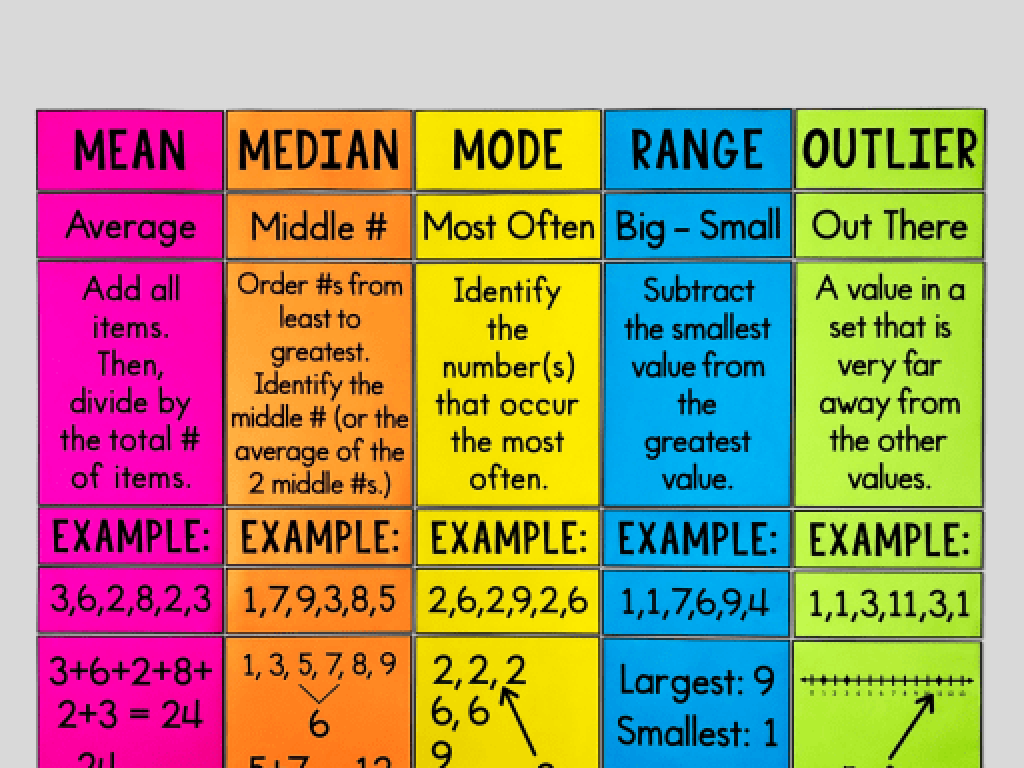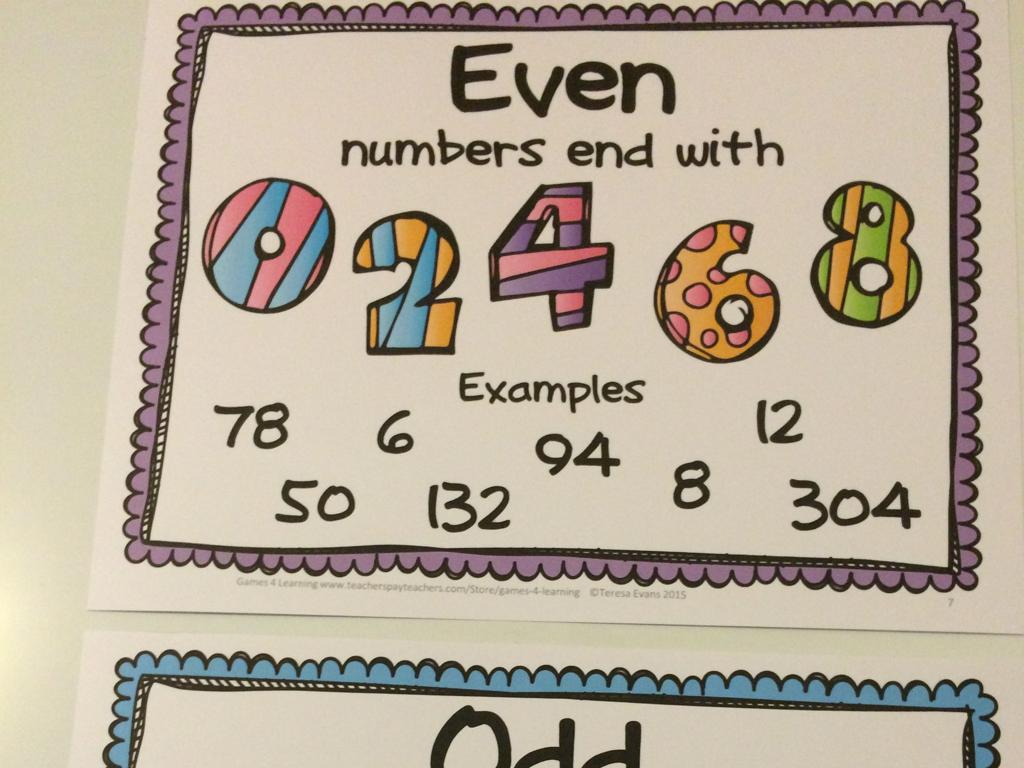Sort Words By Shared Greek Or Latin Roots
Subject: Language arts
Grade: Fourth grade
Topic: Greek And Latin Roots
Please LOG IN to download the presentation. Access is available to registered users only.
View More Content
Exploring Greek and Latin Roots
– Welcome to Language Arts!
– Discover Greek & Latin roots
– Roots are word parts from Greek or Latin that form the basis of many English words.
– Roots help us find word meanings
– Knowing roots helps us guess the meaning of new words.
– Become a word detective!
|
Begin the class with a warm welcome and an introduction to the day’s topic: Greek and Latin roots. Explain that these roots are the building blocks of many words in the English language. Emphasize how understanding these roots can empower students to deduce the meanings of unfamiliar words, enhancing their vocabulary and reading comprehension skills. Encourage them to think like detectives, using clues from the roots to solve the mysteries of word meanings. Provide examples of common roots and how they appear in different words. This foundational knowledge will be crucial for the activities that follow, where students will practice identifying and using these roots.
Exploring Word Roots
– Roots: Building blocks of words
– Roots give words their basic meaning, like ‘spect’ means to look
– Many English words have Greek or Latin roots
– ‘Telephone’ from Greek ‘tele’ (far) and ‘phone’ (sound)
– Understanding roots helps with new words
– If you know ‘spect’ means look, ‘inspect’ means to look over something
– Practice finding roots in words
|
This slide introduces the concept of word roots to students, emphasizing the importance of Greek and Latin roots in the English language. By understanding common roots, students can begin to decipher the meaning of unfamiliar words, enhancing their vocabulary and reading comprehension skills. Provide examples of simple words with clear roots to illustrate the point. Encourage students to think of words they already know and see if they can identify the root and its meaning. As an activity, students can list words and work together to find the roots and meanings.
The Power of Greek and Latin Roots
– Roots help with complex words
– Understanding roots clarifies difficult words
– Boost spelling and vocabulary
– Knowing roots improves how we spell and use words
– Simplify learning new words
– Roots are like clues to the meaning of new words
– Makes word discovery fun
– Games with word roots make learning exciting
|
This slide aims to explain the benefits of learning Greek and Latin roots to fourth-grade students. By understanding the roots, students can decipher the meaning of complex words, which will aid in their reading comprehension. Additionally, this knowledge can enhance their spelling abilities and overall vocabulary. It simplifies the process of acquiring new words by providing a familiar foundation, making the learning experience more engaging and enjoyable. Incorporate interactive activities such as root word matching games or creating a ‘word root tree’ to visually connect different words to their common roots.
Exploring Greek Roots in Words
– ‘Photo’ means light
– Example: ‘photograph’ means light picture
– ‘Tele’ means far
– Example: ‘telescope’ means see far
– Discover more words
Find words in your books with ‘photo’ or ‘tele’
– Understanding word origins
|
This slide introduces students to the concept of Greek roots in English words, focusing on ‘photo’ and ‘tele’. Begin by explaining that many English words are derived from Greek language and understanding these roots can help decipher the meaning of new words. Use ‘photograph’ and ‘telescope’ as clear examples to illustrate how the root words combine with other elements to form a new meaning. Encourage students to look for other words with these roots in their reading or environment. This activity will help them recognize patterns in word formation and enhance their vocabulary. In the next class, ask students to share the words they found and discuss the meanings.
Exploring Latin Roots: ‘Spect’ & ‘Port’
– ‘Spect’ means to look
– Like in ‘spectator’ (someone who looks)
– ‘Port’ means to carry
– Seen in ‘import’ (carry in)
– Examples: ‘inspect’, ‘transport’
– ‘Inspect’ means to look into, ‘transport’ means to carry across
– Find more words with these roots
|
This slide introduces students to the concept of Latin roots in English words. ‘Spect’ and ‘Port’ are common roots that appear in many words. By understanding these roots, students can begin to decipher the meaning of unfamiliar words. Encourage students to think of other words that include these roots, such as ‘spectacle’ or ‘export’. This activity will help them expand their vocabulary and enhance their understanding of word structures. Make sure to provide guidance and examples to help them identify the roots in different words.
Sorting Words by Roots
– Group words by common roots
– Like ‘bio’ in biology, biography meaning life
– Roots help understand meanings
– Knowing that ‘tele’ means far helps in telephone, television
– Practice sorting words
– We’ll sort words like ‘geology’ and ‘geometry’ by the root ‘geo’
– Enhance vocabulary skills
|
This slide introduces the concept of sorting words by their Greek or Latin roots, which is a useful strategy for expanding vocabulary and enhancing word comprehension. By recognizing common roots, students can deduce the meanings of unfamiliar words and remember them more easily. For example, ‘bio’ is a Greek root meaning ‘life’, which we see in words like ‘biology’ (the study of life) and ‘biography’ (a written account of someone’s life). During the practice activity, guide students to sort words with the root ‘geo’, meaning ‘earth’, and discuss how this root connects to the meanings of ‘geology’ (the study of the earth) and ‘geometry’ (mathematics dealing with the properties of space). Encourage students to think of other words they know that share common roots.
Class Activity: Create a Root Word Tree
– Start with a root on the trunk
– Add branches with related words
– Words like ‘telegraph’ and ‘telephone’ share the root ‘tele’, meaning far
– Share your tree with the class
– Explain the meaning of each word
– Tell us how the root relates to each word on your branches
|
This activity is designed to help students visually understand the concept of Greek and Latin roots and how they form the basis of many words in the English language. By creating a root word tree, students will choose a root and then brainstorm several words that stem from that root, writing them on the branches of their tree. This will help them see the connections between words and enhance their vocabulary. Encourage creativity in the design of their trees. Provide examples of roots and derived words to guide them. During the sharing session, prompt students to explain how the root word is linked to the words on their branches, reinforcing their understanding of the root’s meaning.
Becoming Word Detectives: Conclusion
– Congrats on your detective work!
– Roots unlock meanings of many words
– For example, ‘bio’ means life in biology, biography
– Practice makes a vocab expert
– Try finding roots in new words you learn
– Keep exploring words every day!
|
This slide wraps up the lesson on Greek and Latin roots by congratulating the students on their hard work. Emphasize the importance of understanding roots to expand their vocabulary. Encourage them to continue practicing by identifying roots in new words they encounter in their reading or daily life. Remind them that becoming proficient with vocabulary takes time and practice, and they are well on their way to becoming vocabulary experts. As a follow-up, consider assigning a fun activity where they can use their ‘word detective’ skills to discover new words and share with the class.
Homework Challenge: Greek & Latin Roots
– Find words with Greek/Latin roots
– Write the root of each word
– The root is the base part of the word
– Guess the meaning of the words
– Use the root to figure out what the whole word could mean
– Get ready to share in class
|
This homework task is designed to help students recognize and understand the influence of Greek and Latin roots on the English language. By identifying the roots in unfamiliar words, students can begin to decode meanings, enhancing their vocabulary. Encourage them to use a dictionary or online resources to verify their guesses. In the next class, create a collaborative environment where students can discuss their findings and learn from each other. This activity will not only build their vocabulary but also their critical thinking and research skills.






